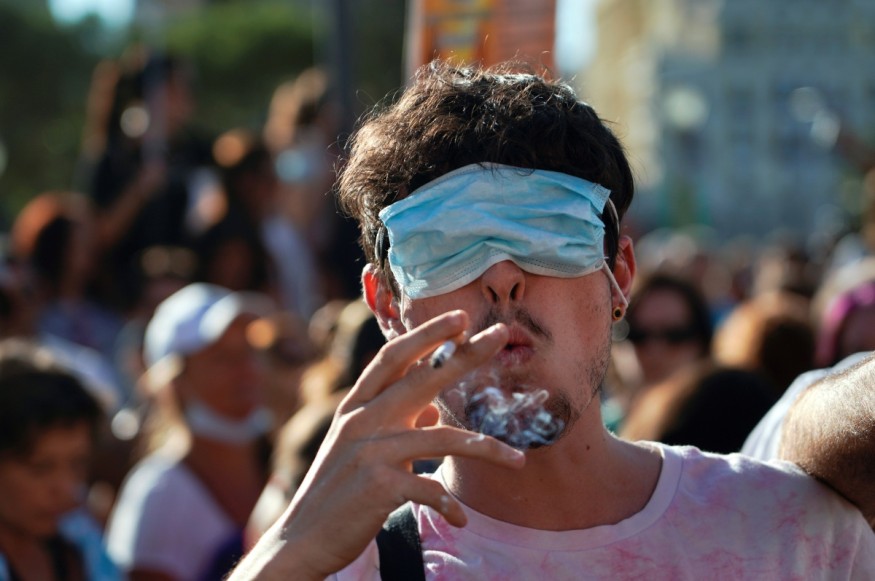The pandemic has caused both physical and mental turmoil to all people. For some, it is easier not to believe that it is happening than accepting its realities. Humans employ coping mechanisms to protect them during times of stress or trauma to manage their emotions.
For example, many are in denial that COVID-19 is not ordinary flu, so they refuse to wear face masks and continue to attend large gatherings. Being in denial is not always bad, as it gives a person the time to adjust. However, long term denial can be dangerous not only to oneself but also to other people.
Additionally, a defense mechanism called rationalism happens when people try to justify their unacceptable behavior.
Psychologists Eve and Mark Whitmore, who had been in the field for more than 30 years, explain why there are still many people in denial during this pandemic.

WATCH: Mask Gun: The Solution For All Anti-Maskers
Denial and Rationalization
Clinical psychologist Eve Whitmore said that denial as a construct in psychology that describes how people deal with the reality constructs.
It is a way for people to defend themselves against anxiety, Mark Whitmore added. During stressful events, people get anxious and perceives the stimulus as a threat, so they then create strategies to protect themselves or their sense of safety and security.
One of these ways is to deny the existence of that thing that causes their anxiety. They would say that the pandemic was just a hoax that does not really exist.
Sometimes, it gets confused with rationalization. The latter is a defense mechanism wherein people try to explain their negative behavior to diminish the threat of the source of their anxiety. They would often say that COVID-19 is just the flu, acknowledging it and yet denying its severity.
Whether people would choose to react more positively or through denial, it all goes down to the lack of feeling in control of the situation. People create a myth about the pandemic to make themselves believe that it is not real or that it is not severe.
READ MORE: Experts Explain the Psychology Behind Riots and Looting by Looking at Recent Film Joker
Dangers of Being in Denial
Mike said that both denial and rationalization are maladaptive behaviors. They do not help a person adapt to the threat, which can cause harm to them and even greater exposure to the source of the threat.
When in denial, a person will not be able to think of ways or proper precautions to protect themselves. Eve added that some people reported traveling across the United States and unknowingly passed it down to their family. Since they are asymptomatic, they would think that they are fine.
When do people learn what denial and rationalization are?
Both behaviors develop in children and reinforced by their parents or guardians. By age six or seven, a child will be able to distinguish between what's real and what's only a fiction. Fantasy can be good for children's development, but it sometimes can be extreme.
Mike advises parents to teach kids in making decisions based on facts. As parents, you may teach your children about Santa Claus and explain to them how to make their own decisions based on reality. Growing up in beliefs may make them easy to believe conspiracy theories and hoaxes and make decisions based on hunches, preconceived ideas, and biases as opposed to what is real.
READ MORE: Mental Health: Depression and Anxiety Overwhelm Students During the Coronavirus Pandemic
Check out more news and information on COVID-19 on Science Times.
© 2026 ScienceTimes.com All rights reserved. Do not reproduce without permission. The window to the world of Science Times.









